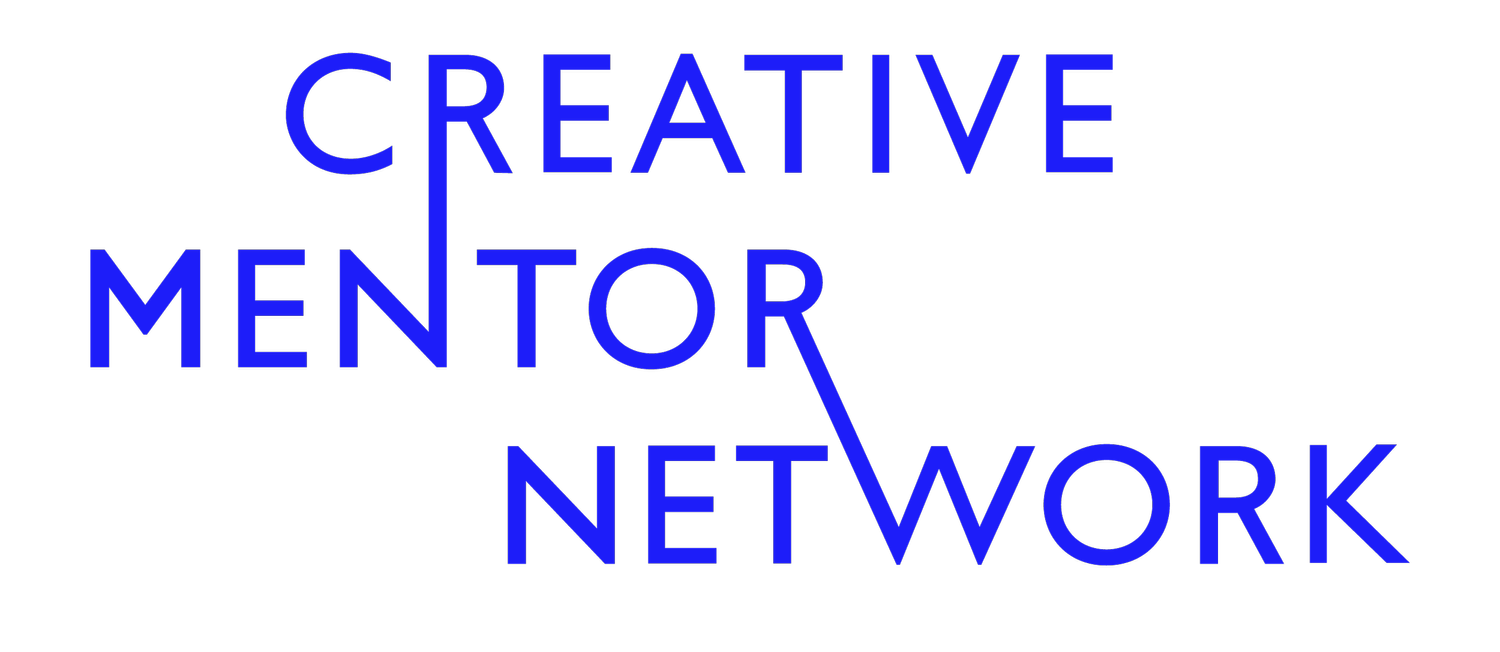How referral programmes limit social mobility
Referral programmes can be very helpful for employers. They are a great indicator of whether your staff like working for you. They can also reduce the cost of recruitment, help give you a list of pre-vetted candidates, and keep your employees happy with a little cash bonus and the benefit of working with their friends.
But the benefits of this informal recruitment practice are focused much more on solving short-term problems, and ignore the bigger picture and potential of what equal hiring can do for your company.
The Hidden Job Market
When hiring stays within a closed network, it makes it impossible for people on the outside of these circles to break in. It’s estimated that 70% of jobs are never even advertised, often meaning knowing the right people can be the only way to get in.
LinkedIn’s Global Talent Trends report said referrals are likely to increase your chance at getting a job by 4x, versus those without.
When employers rely on personal connections to fill a role and exclude talent without connections, they are gatekeeping opportunities. This is not only negative for job seekers, but for employers too as they also limit their talent pool, and can miss out on some amazing talent.
Creating an Echo Chamber
Relying on word-of-mouth hiring can contribute to homophily and create echo chambers at work. When people refer their friends, you are more likely to hire people with the same experience, same backgrounds and same cultural and social capital.
Whilst it seems easier to find people who “fit in” with your existing team, this means employers are missing out on different viewpoints and experiences that can help innovation and creativity.
55% of working-class people say the media doesn’t represent them. Ensuring you have more people from working-class backgrounds in your organisation can be a simple solution to ensure their voices are represented.
Source: Work & ClassThe Right Incentives?
With referral schemes, the employee benefits are almost too good to be true. Work with a friend and get a bonus - what have you got to lose?
The downside, though, tends to lean on the employer when these incentives are abused, and people are recommended who aren’t right for the job.
Benefits should instead be focused on the wider team. Employers need to ask themselves who can help evolve how they think, give them a new perspective, and keep them growing. Not who will be good down at the pub, and not ask any difficult questions.
How hiring can break the class ceiling
How you hire is just one part of the picture of investing in socioeconomic diversity at work, and referral schemes impact social mobility within the creative industries at every level. Knowing the right person can help you get anything from an internship to a new “Head of” role.
Today, you’re twice as likely to get a job in the creative industries if you’re not from a working-class background. By creating more accessible hiring practices, organisations can fix this and create a better, more inclusive working culture in their company and beyond.
Learn about this and more on our upcoming Break the Wall programme, mentor new talent, and become an advocate for class diversity in the creative industries.
